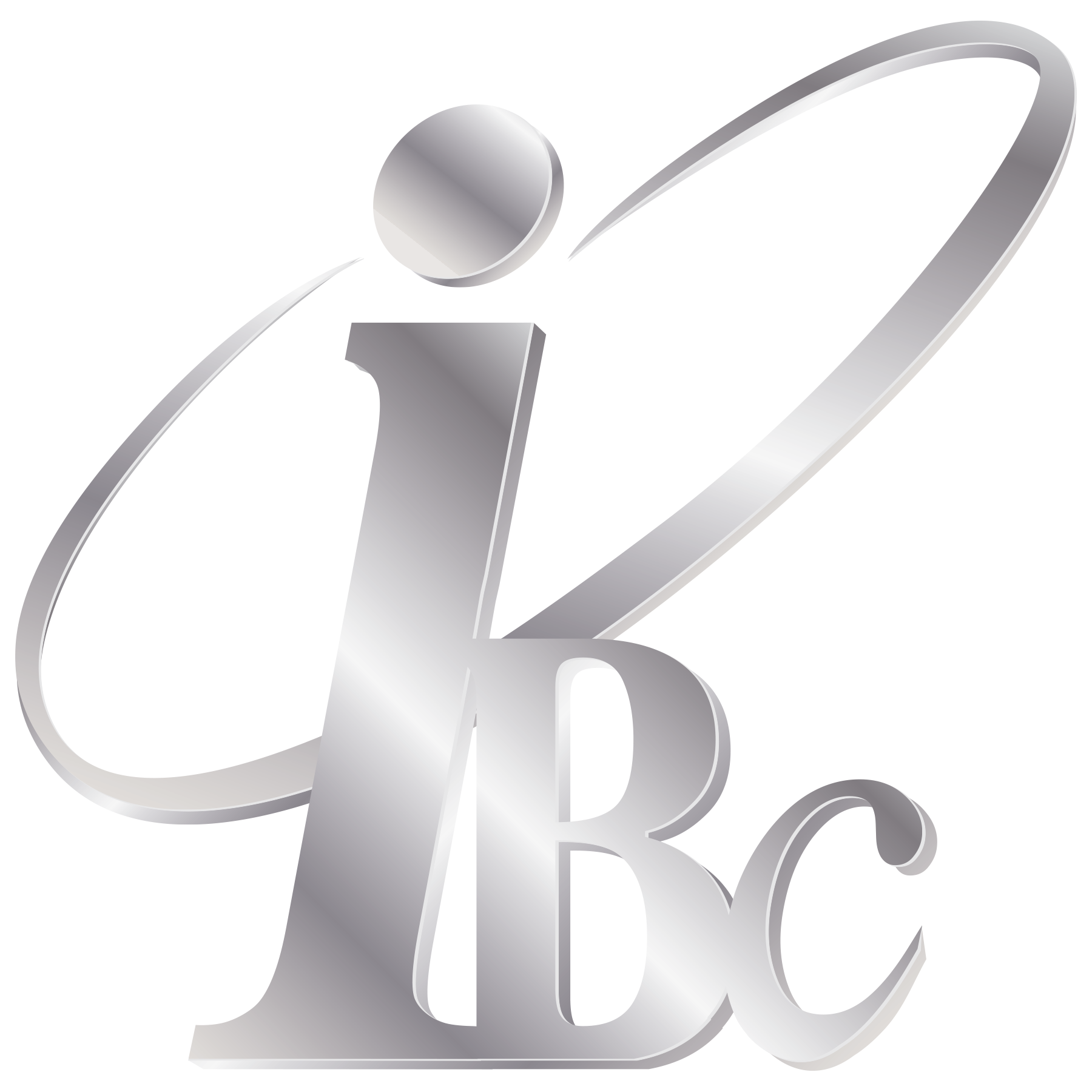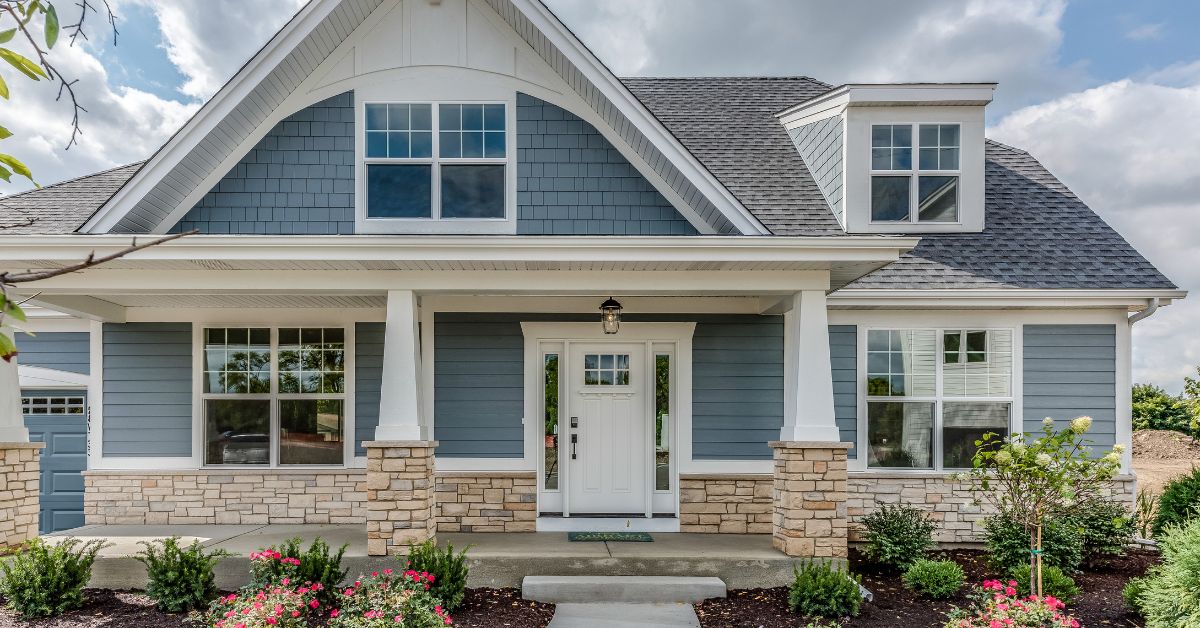Homeowners insurance isn’t just a luxury; it’s an absolute necessity. That’s not just because it protects your home and possessions against any damage or theft. We’ll walk you through the basics of homeowners insurance policies.
Almost all mortgage companies require borrowers to have insurance coverage for the full or fair value of your property (usually the purchase price) and won’t make a loan or finance a residential real estate transaction without proof of it.
A Homeowners Policy Provides Many Elements
Although they are customizable, a homeowner’s policy has certain standard elements that provide what costs the insurer will cover. Some of these include:
- Damage to both the exterior and interior of your home. In the event of damage due to a fire, tornado, hurricane, vandalism, or others your insurer will compensate you so you can completely rebuild or repair your home.
- Personal liability for damage or injuries. Liability coverage protects you from lawsuits filed by others. This includes medical expenses, pain and suffering or lost wages, and damage to property of any kind.
- Hotel charges while your house is being rebuilt or repaired. It’s unlikely, but if you do find yourself forced out of your home for an extended period of time, it will undoubtedly be the best coverage you ever purchased. It would reimburse you for the rent, hotel room, restaurant meals, and other incidental costs you incur while waiting for your home to become habitable again.
Types of Homeowners Coverage
All insurance is definitely not created equal. The least costly insurance will likely give you the least amount of coverage, and vice versa. There are essentially three levels of coverage.
Actual Cash Value
Actual cash value covers the cost of the house plus the value of your belongings after deducting depreciation (i.e., how much the items are currently worth, not how much you paid for them).
Replacement Cost
Replacement value policies cover the actual cash value of your home and possessions without the deduction for depreciation, so you would be able to repair or rebuild your home up to the original value.
Guaranteed Replacement Cost/Value
The most comprehensive, this inflation-buffer policy pays for whatever it costs to repair or rebuild your home—even if it’s more than your policy limit. Some insurers offer an extended replacement, meaning it offers more coverage than you purchased, but there is a ceiling; typically, it is 20% to 25% higher than the limit.
How Are Insurance Homeowner Rates Determined?
In general, rates are set based on the likelihood a homeowner will file a claim—the insurer’s perceived “risk.” To determine risk, home insurance companies give significant consideration to past home insurance claims submitted by the homeowner as well as claims related to that property and the homeowner’s credit.
The neighborhood, crime rate, and building material availability will all play a part in determining rates, too. And of course, coverage options such as deductibles or added riders.
Cost-Cutting Insurance Tips
While it never pays to play it cheap with coverage, there are ways to cut down on insurance premiums.
- Maintain a security system
- Raise your deductible
- Look for multiple policy discounts
- Plan ahead for renovation
- Pay off mortgage
- Compare policies and coverage regularly
The Bottom Line
Homeowners insurance provides financial protection against damage to your home and belongings caused by covered events. It includes liability coverage for injuries or property damage to others. Having homeowners insurance helps safeguard your investment, cover unexpected expenses, and provide peace of mind in case of unforeseen incidents.
Contact our experts at IBC Insurance to get a quote for your homeowners insurance.





